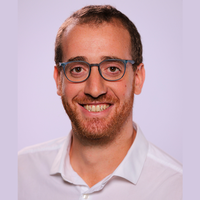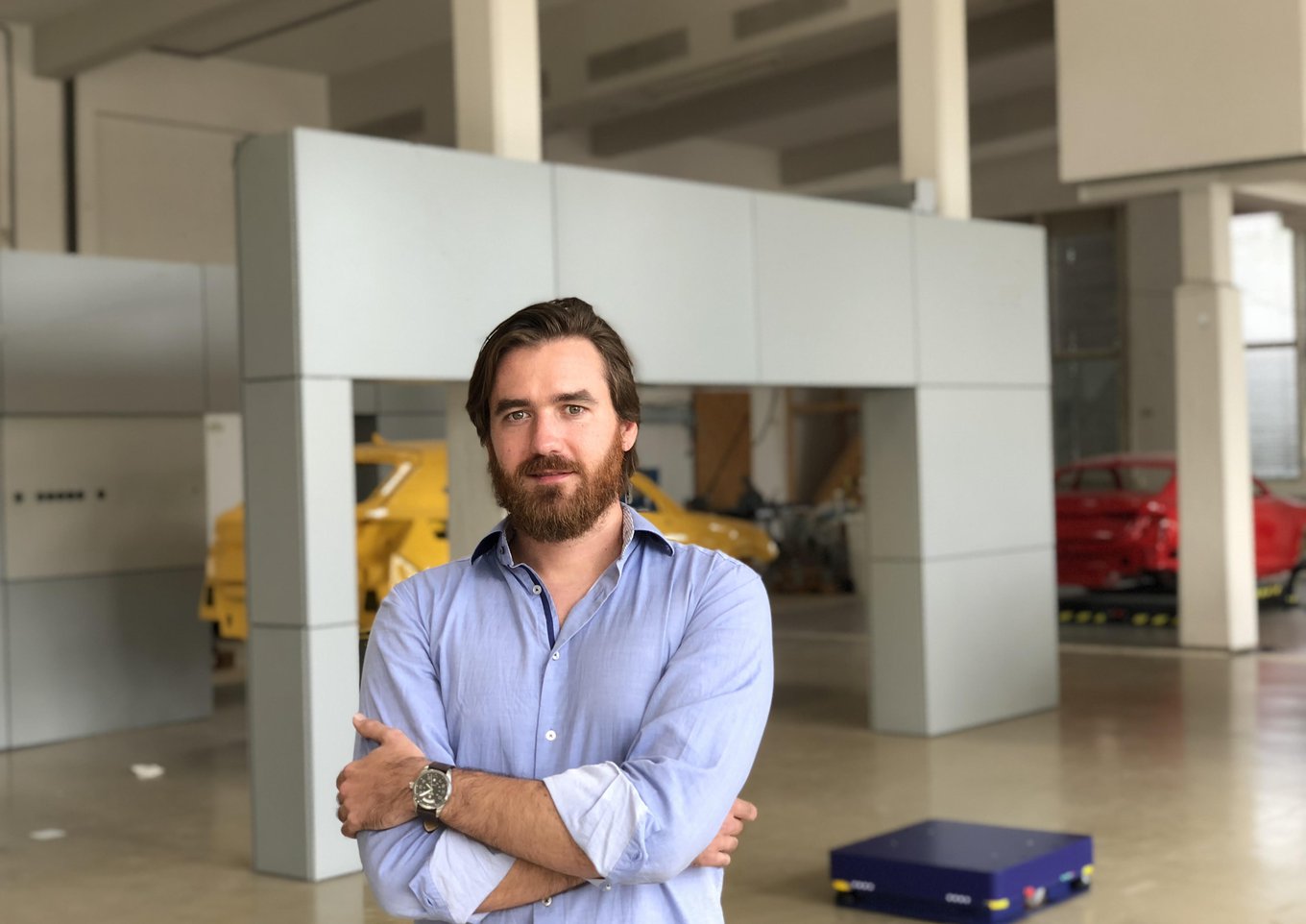If Henry Ford’s name is the synonym for serial industrial production and standardization, Witold Kopytynski aspires to be the synonym for customized assembly. Now that market demands have changed and are increasingly personalized, for Kopytynski there is no point in continuing to produce as in the twentieth century. For that reason, this engineer of Polish and Argentine nationality tries to revolutionize industrial production by dividing the different steps in the product manufacture into stations. This is how Arculus was born, a project of which he is the head of operations and which has made him one of the Innovators under 35 Europe 2018 of MIT Technology Review.
Graduated in Industrial Engineering from the Catholic University of Argentina and master's degree in Automotive Engineering from the Technical University of Ingolstadt (Germany), Kopytynski has designed a modular production system that not only adapts to the greater demand for personalization of products, but also addresses the three major problems that the European Commission has identified in the industry: product diversity reduces productivity, assembly lines have a very high cost, and centralized management processes are inefficient.
Arculus makes independent all stations of a line in a production area. To achieve this, a software independently controls each workstation, and arculee (an automated vehicle) transfers the pieces from one module to another. The software adapts to the pace of work of the person who is manipulating it and can also be integrated into other hardware produced by third parties. Another advantage of Arculus is that during its implementation it is not necessary to stop the production process of a factory since it is introduced in phases, thus stabilizing productivity.
Kopytynski’s project has already attracted one of the leaders of the automotive sector and Arculus has been implemented as a pilot project in Audi. The preliminary results show that the system has managed to reduce the necessary area of work by 20% with a level of production 30% higher than expected. Currently, Kopytynski has also started working with Siemens and Porsche.
This innovator believes that modular production will make the dream of the fourth industrial revolution a reality, since it has become the answer for a market that grows at the pace of personalization demanded by customers, in addition to increasing productivity by 30%.
For the professor of Digital Systems, Navigation Systems and Electronics of the European University of Madrid (Spain) and member of the jury of Innovators under 35 Europe 2018, Víctor Padrón, Kopytynski’s project shows “an excellent job in a very advanced implementation phase with a potential impact that will improve the production processes”.
By Olga Rodríguez
Translation: Ana Milutinovic




